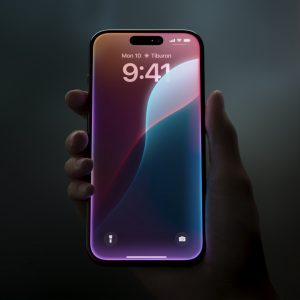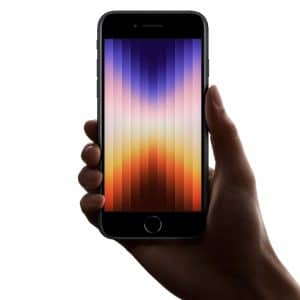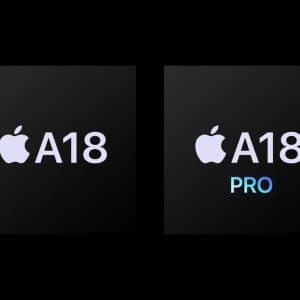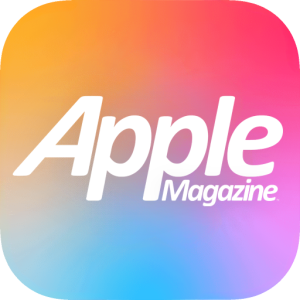 Apple’s preparations for the holiday season are suspected to be clogging shipment bookings for companies like FedEx and UPS. The number of devices being shipped out of China is so enormous that carriers are having to delay orders from other companies.
Apple’s preparations for the holiday season are suspected to be clogging shipment bookings for companies like FedEx and UPS. The number of devices being shipped out of China is so enormous that carriers are having to delay orders from other companies.
An anonymous company said that carriers, to explain missed deadlines, have been telling their customers that the late shipments are due to those from a “very important customer.” Who but Apple could possibly need immediate high-capacity services for devices coming out of China’s tech manufacturing regions?
It’s not that these carriers weren’t prepared for the usual Apple onslaught. FedEx reportedly braced its employees for the insanity that was the iPhone 5 launch in 2012. But this year, it appears that the massive volume of devices shipping from China is overwhelming.
This isn’t the first we’ve heard of Apple putting in a big order. Taiwan’s Business Weekly reported that Apple ordered at least 68 million units of the iPhone 6. That’s twice the size of Apple’s order for the iPhone 5.
These large shipment volumes are no accident. In 2011, Businessweek interviewed Apple logistics executive John Martin who explained Steve Jobs shipping strategy, one that was implemented pretty much from the very beginning:
“Apple began innovating on the nitty-gritty details of supply-chain management almost immediately upon Steve Jobs’s return in 1997. At the time, most computer manufacturers transported products by sea, a far cheaper option than air freight. To ensure that the company’s new, translucent blue iMacs would be widely available at Christmas the following year, Jobs paid $50 million to buy up all the available holiday air freight space, says John Martin, a logistics executive who worked with Jobs to arrange the flights. The move handicapped rivals such as Compaq that later wanted to book air transport. Similarly, when iPod sales took off in 2001, Apple realized it could pack so many of the diminutive music players on planes that it became economical to ship them directly from Chinese factories to consumers’ doors. When an HP staffer bought one and received it a few days later, tracking its progress around the world through Apple’s website, “It was an ‘Oh s—’ moment,” recalls Fawkes.”
In short, Apple is hitting the competition where it hurts most: holiday quarter shipments. The strategy is a smart one, and it has worked for Apple thus far.
On September 9, Apple is expected to unveil the iPhone 6–perhaps not one, but two models–and a wearable, the iWatch. Though the next-generation iPhone will probably ship later this month or, at the latest, in October, the iWatch may not be released until 2015. The iPad line is in need of an update, but little has been said about whether a refresh will occur during this month or later this year. The iPad Air and iPad mini with Retina display were debuted at their own event in October last year.






